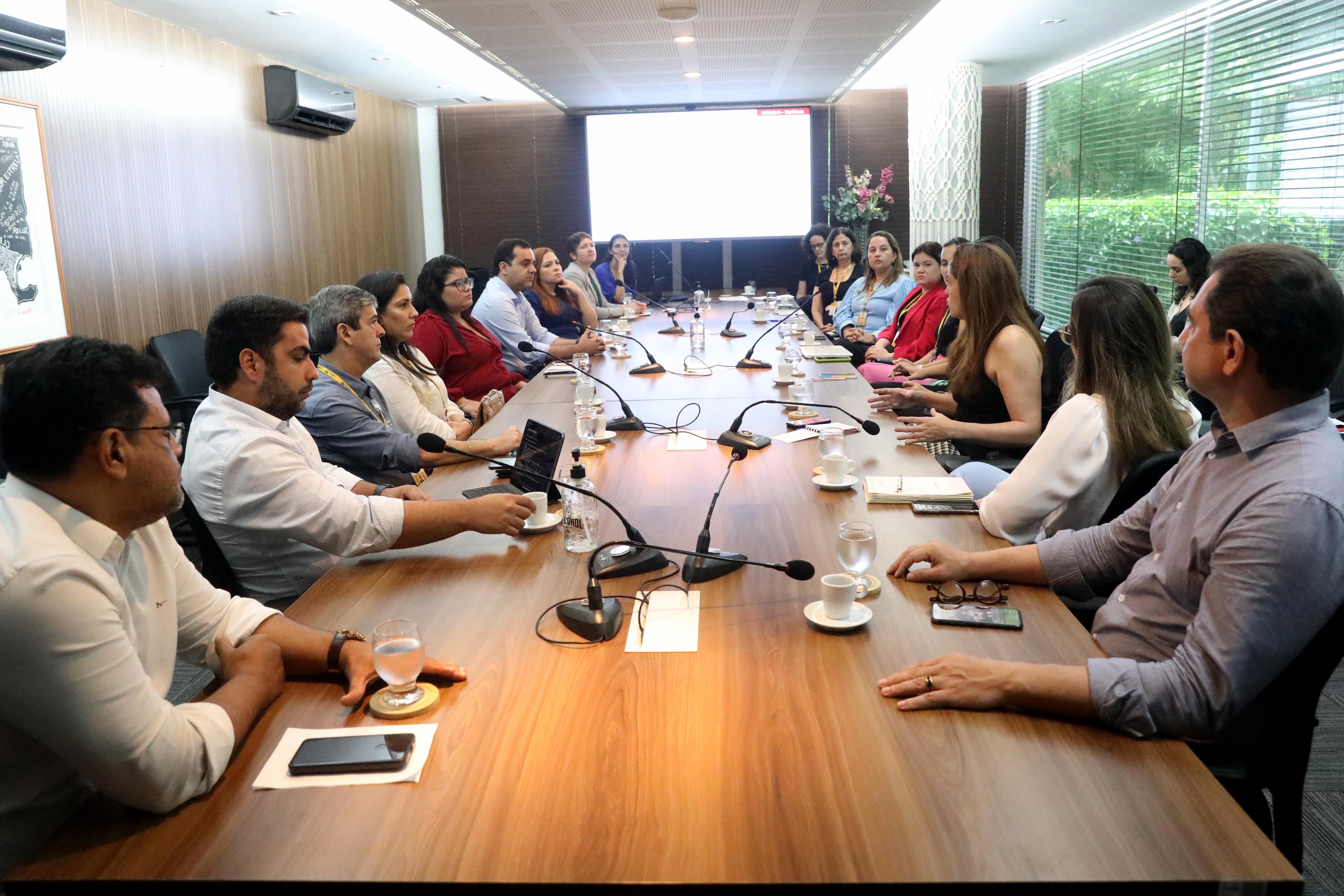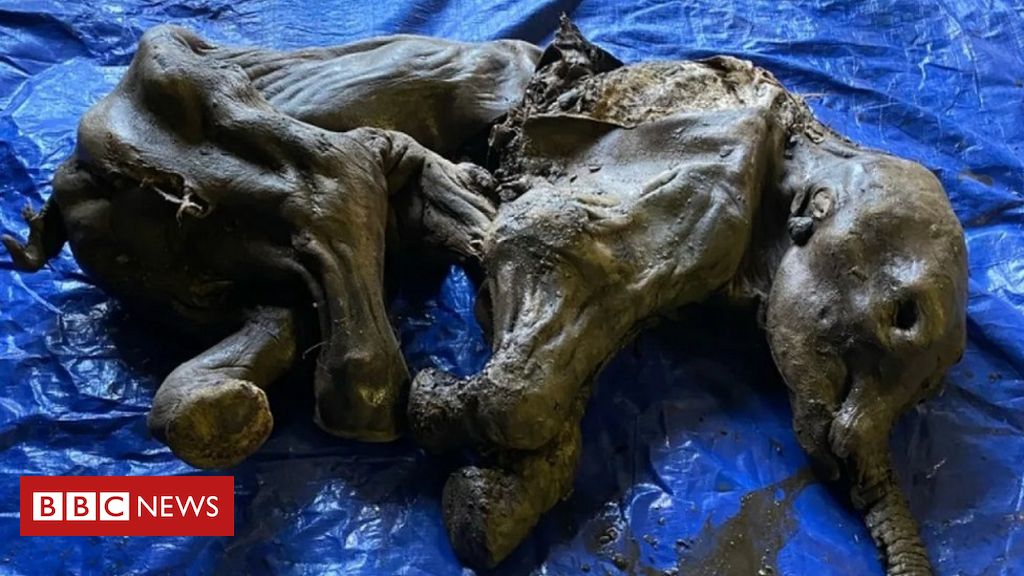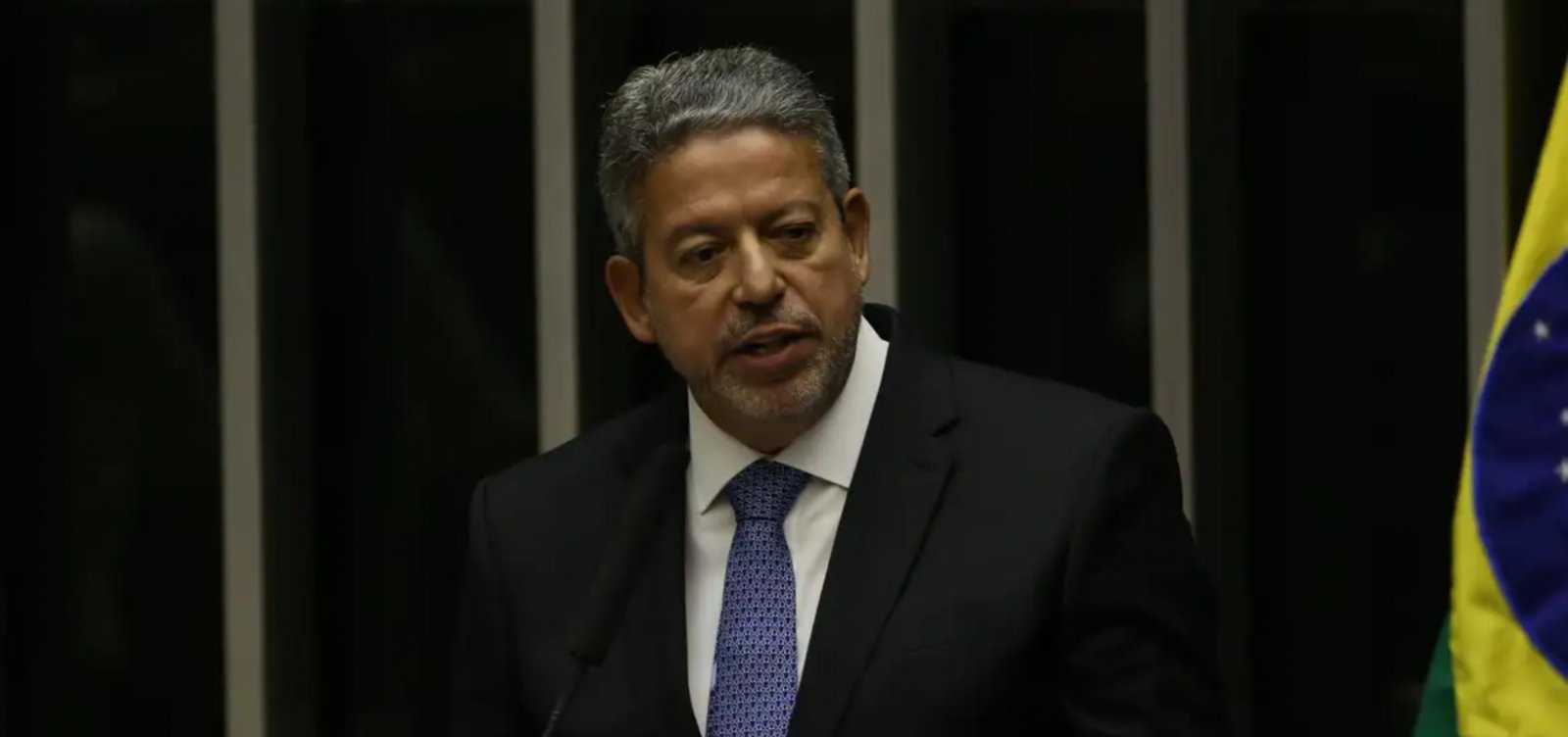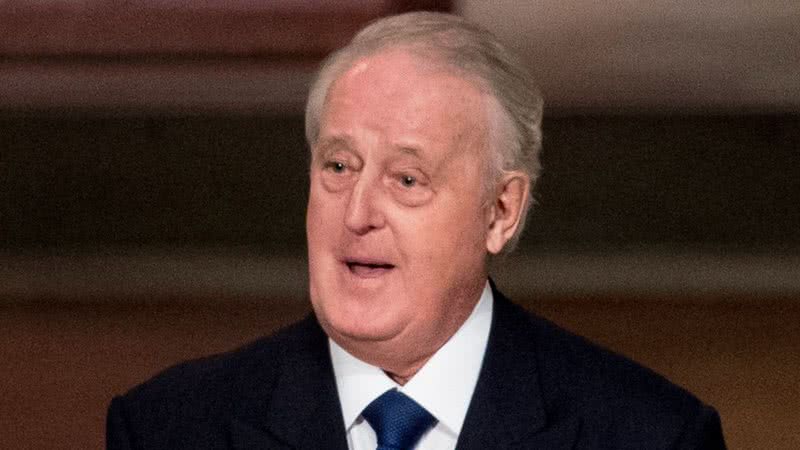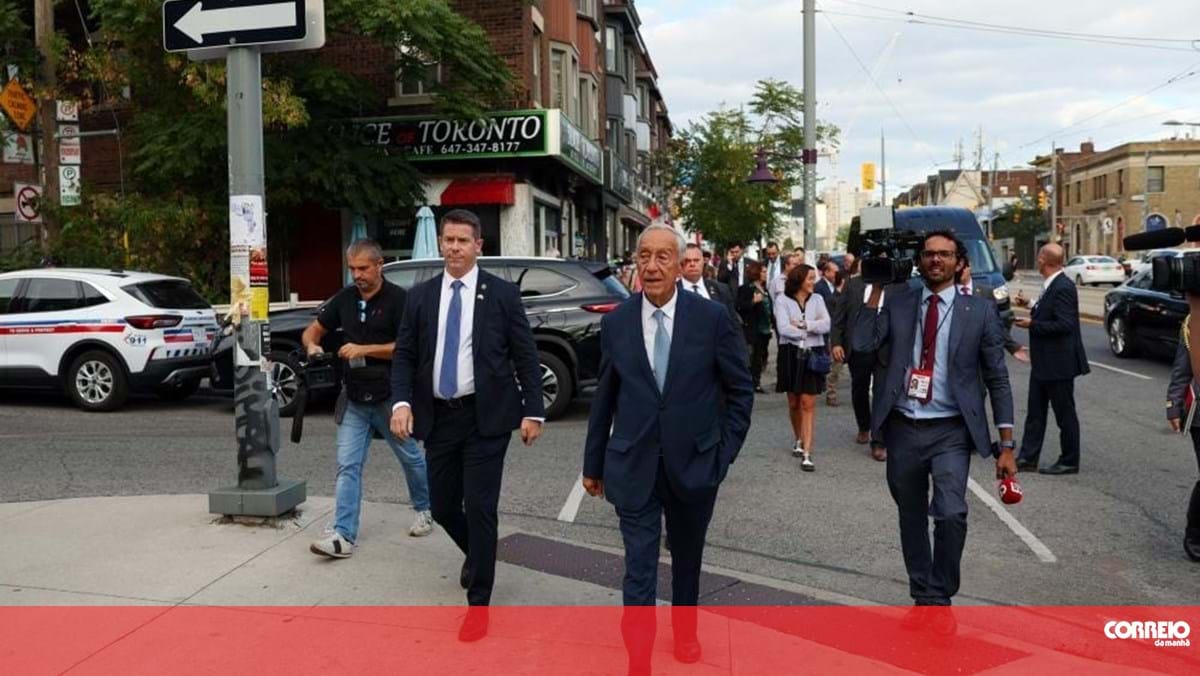On Monday and Tuesday (13 and 14 March), Fortaleza City Hall received a visit from the team in charge of the Public Procurement Specialization Program “City Data Alliance” by Bloomberg Philanthropies. The meeting was held to study the macro processes of the City Hall’s main departmental purchasing flows, with the aim of promoting an efficient purchasing policy, which stimulates the city’s economy and ensures greater satisfaction and equality for citizens. The meeting was coordinated by Caroline Cavallari and Laura Merryfield, from the Government Performance Lab at Harvard Kennedy School (USA), and mediated by the Planning Institute of the City of Fortaleza (Iplanfor).
“Fortaleza has a very important initiative in the field of public purchasing”, said Caroline Cavallari, who added: “we understand that public purchasing is the instrument that makes the department work, it is what allows school lunches, transportation, medicines in hospitals , to management of emergency care units, which have a direct impact on the lives of residents”.
According to Elisângela Teixeira, director of the Fortaleza Iplanfor Observatory, the visit allows civil servants from the departments that demand the most public purchases to exchange information and map their department/agency processes, which, in turn, serve as input to the public. procurement team to prepare a macro procurement process for City Hall, which could result in greater citizen satisfaction with respect to the services provided.
For the president of the Central de Licitações da Prefecture of Fortaleza (CLFor), Otávio Melo, this moment is unique. “This partnership between Balai Kota and Bloomberg gives us the opportunity to bring a new look and new experience to the municipal procurement process. The moment to train our servers, to develop greater efficiency in the acquisition of goods and services, in addition to speeding up the process”, commented the president.
According to the Executive Secretary for Health (SMS), Júlio Ramon Oliveira, the purchasing process needs to be understood as something macro that allows the City Hall to run, day-to-day, but also as an instrument to promote the Municipality’s economy: “It allows, for example, improvements to the local economy and policies public that is intended for certain segments. This allows for better urban development, creating equity and, above all, new opportunities”, he explained.
Equity and more access to suppliers raises points to consider for process improvement. Additionally, Cavallari explained that the work of the Government Performance Lab is to support cities in rethinking Procurement models, to be more efficient, faster, fairer, and focused on results. “Purchases do not end at the time they are signed, there are service delivery to be monitored and performance indicators, which allow management to promote continuous improvement of the policies communicated to the public. Efficient and result-oriented purchasing thinks about services that serve the population,” he explained.
Meetings between groups from the City of Fortaleza and the Government Performance Lab have been held for over six months. “Based on these meetings, we built the instruments that are implemented in the Municipality with the aim of providing maximum efficiency to the acquisition process. One example is the formation of a Purchasing Committee, whose purpose is to assist the City Hall secretariat, provide feedback and offer support so that the process can improve in general,” emphasized the president of CLFor.
Apart from improving and mediating learning, Cavallari explained that this program also aims to bring together the cities participating in the process, namely Rio de Janeiro and Fortaleza, in Brazil, to work together. In this sense, Otávio Melo adds: “exchanges with other Cities that are part of the project go beyond knowledge, they are exchanges of experiences that bring about a change in direction in public policy”.
The next step
For the executive secretary of Planning, Budget and Management, Valternilo Costa Filho, this moment of deeper analysis in the purchasing sector allows mapping and definition of flows, to establish well-documented rules that optimize processes and offer effective advantages in bid time and delivery effectiveness to society.
Caroline Cavallari reports that the hope of the program is precisely to support the city government in transforming this trend. “The idea for the coming months is to make purchases fairer, distribute resources better and finally, think about the sustainability of this innovation with paperwork and structure. These are our deliveries for July,” he said.
Understand the Program
The City of Fortaleza started its participation in the “City Data Alliance” in July 2022. On this occasion, Mayor José Sarto joined 21 other mayors of cities in North and South America in Baltimore (USA) with the aim of finding the next level of data-driven local government. The 22 cities were selected by Bloomberg Philanthropies for demonstrating a commitment to using data to manage impact in their communities.
Since then, a group of different government departments have received direct, weekly assistance from senior staff at the American Institute of Education.
The 22 participating cities hail from seven countries: United States (Baltimore, Baton Rouge, Charleston, Chattanooga, Detroit, Riverside, Rochester, San Antonio, Scottsdale, South Bend, Tempe and Tulsa), Mexico (Guadalajara and San Pedro Garza García ), Canada (Kitchener and Regina), Argentina (Buenos Aires and Rosario), Chile (Renca), Uruguay (Montevideo), and Brazil (Fortaleza and Rio de Janeiro).

“Geek zombie. Subtly charming social media scholar. Beer enthusiast. Lifelong bacon pioneer.”

